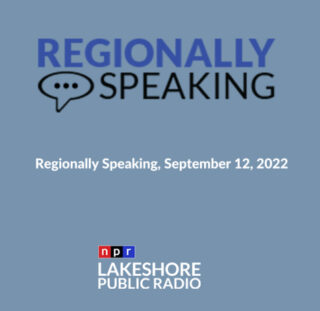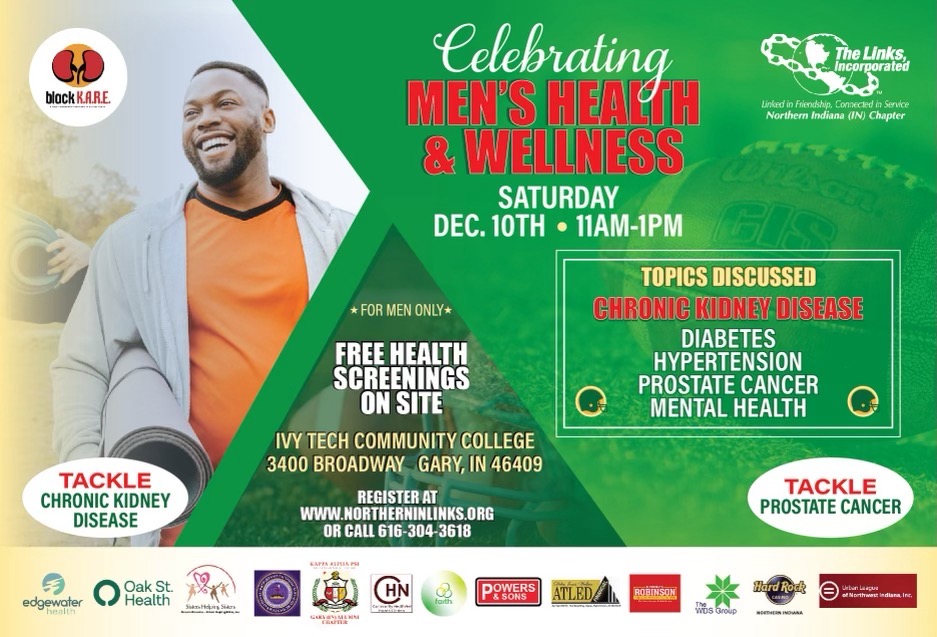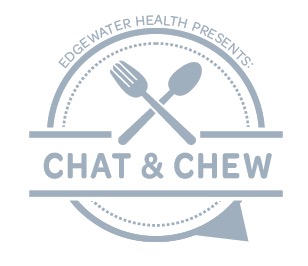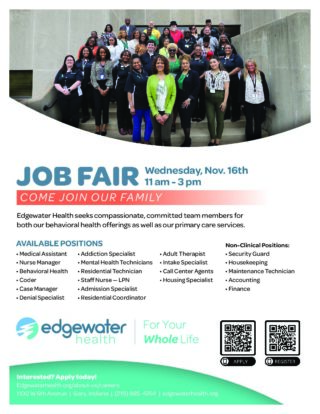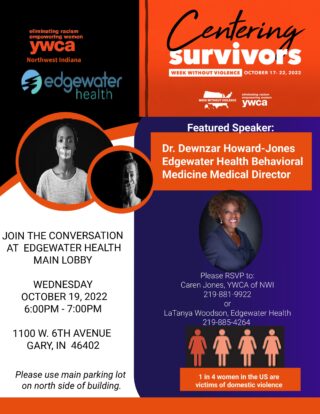Our very own Jonathan Cavanaugh, Director of Family & Youth Services, served as a representative for Edgewater for the Lakeshore Public Radio show Regionally Speaking in recognition of Suicide Prevention Awareness Month. The month is used to shift public perception, spread hope and share vital information to people affected by suicide. On Regionally Speaking, we will speak with advocates and clinicians to ensure that individuals, friends and families have access to the resources they need to discuss suicide prevention and to seek help.
The interview discusses suicide and suicidal ideation, and some people might find it disturbing. We acknowledge that this content may be difficult. I also encourage you to care for your safety and well-being. If you or someone you know is suicidal, please, contact your physician, go to your local ER, or call the National Suicide Prevention Lifeline at 800-273-TALK (8255), suicide prevention hotline at 988 or message the Crisis Text Line at 741741. The programs provide free, confidential support 24/7.
